Khabar Khair (Only Good News) – Abdul Jalil Al-Salami
The UN Office for the Coordination of Humanitarian Affairs (OCHA) revealed that the Kingdom of Saudi Arabia and the United Arab Emirates have contributed $460 million of the total funds provided to the United Nations in 2021, to fund Famine Relief Fund.
According to (OCHA) 2021 financial statements – monitored by Khabar Khair (Only Good News) website, Saudi Arabia has allocated $230 million, accounting for 20 percent of its $1.150 million total fund for the United Nations organizations to the Famine Relief Fund this year.
Based on the financial tracking data, the United Arab Emirates allocated $230 million almost 60 percent of its the United Nations total funding to the same fund in 2021, amounting to $388.8 million.
The two Gulf countries provided $1.538 billion, of its total $2.854 billion funding accounting for 60 percent within and outside the UN-led response operation 2021.
The Famine Relief Fund was registered in Bermuda as a limited company as of 3 February 2021, according to a document seen by TNH “The New Humanitarian”.
According to TNH, the Famine Relief Fund is “special purpose vehicle to alleviate hunger and prevent famine in Yemen”.
The new fund is designed to ensure that a rapid response fund can be stood up and administered with optimal speed, low bureaucracy, and high accountability.”.
UN aid agencies and two large NGOs received funds this year from the Yemen Famine Relief Fund.
According to the total funding received by the Famine Relief Fund which amounted to $460 million, the fund would be in the top 15 humanitarian donors worldwide – bigger than many European nations – and in the top three to Yemen.
Organizations funded by Famine Relief Fund funded are required to implement their programs and interventions in Yemen within a four-month time frame, with the aim of preventing famine in Yemen.
the sources told TNH that around $400 million in contracts to UN agencies and NGOs are in discussion.
The new fund comes to meet the rising needs for food, jobs, healthcare, clean water, and safe shelter have soared as the economy craters and the war causes new displacement, disrupts trade and jobs, and damages civilian infrastructure.

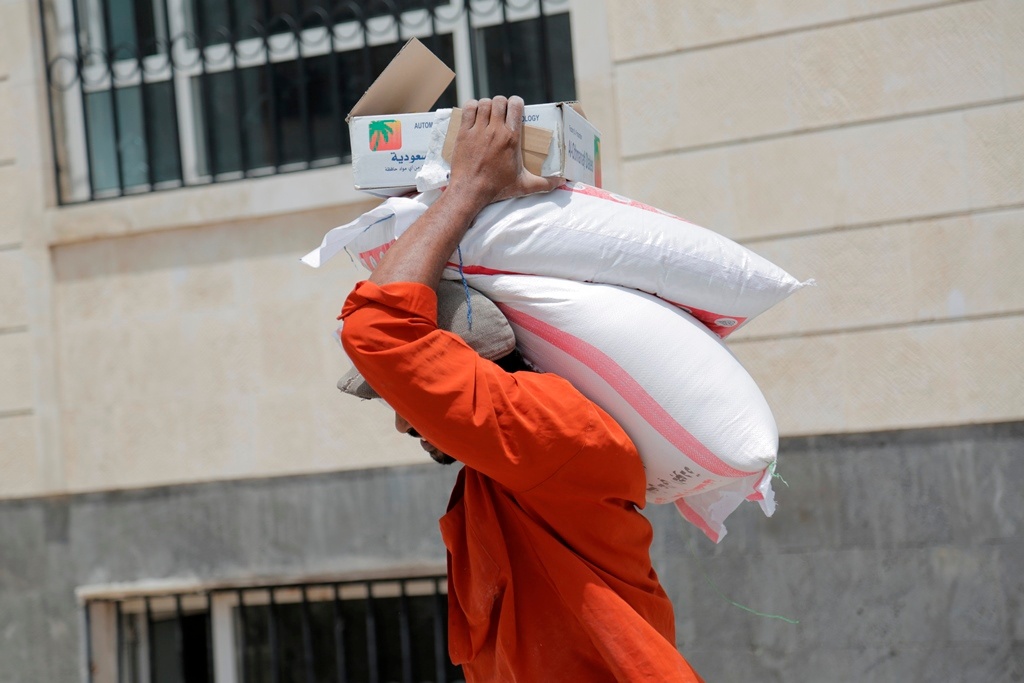
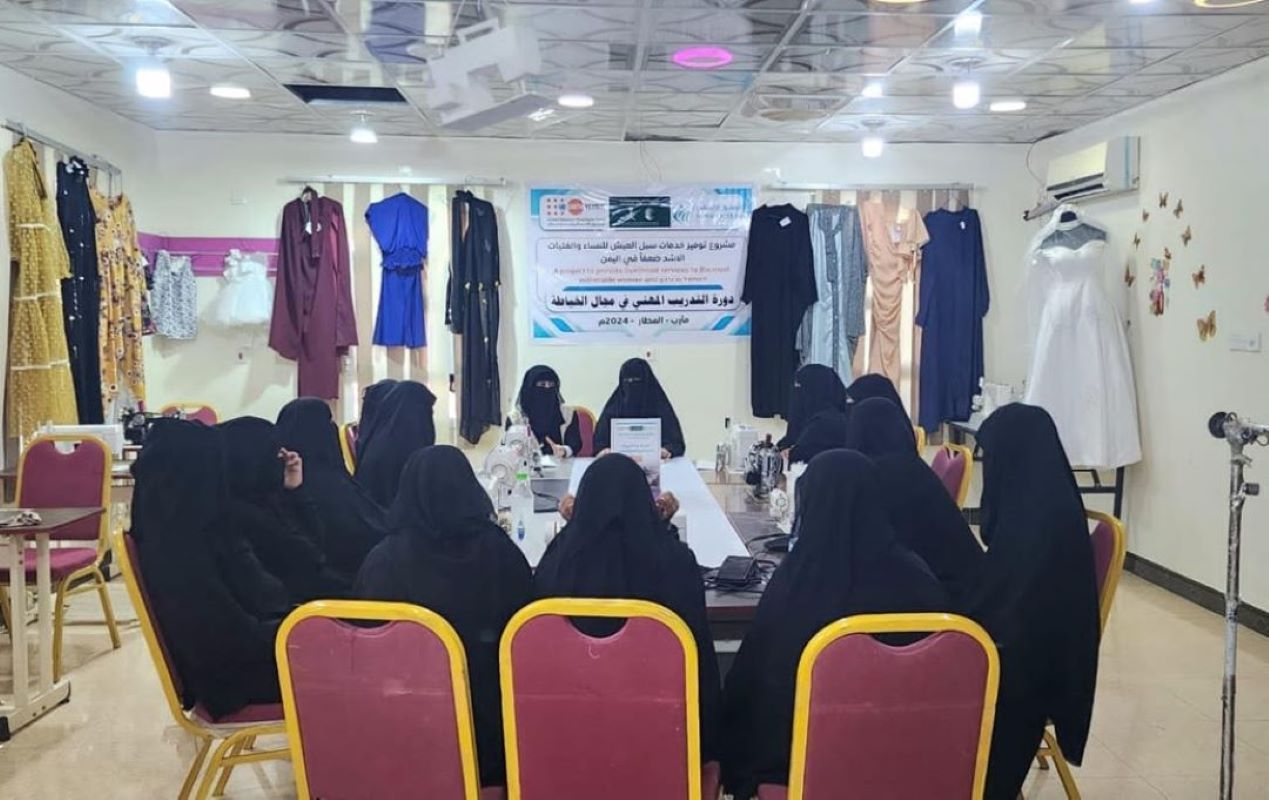
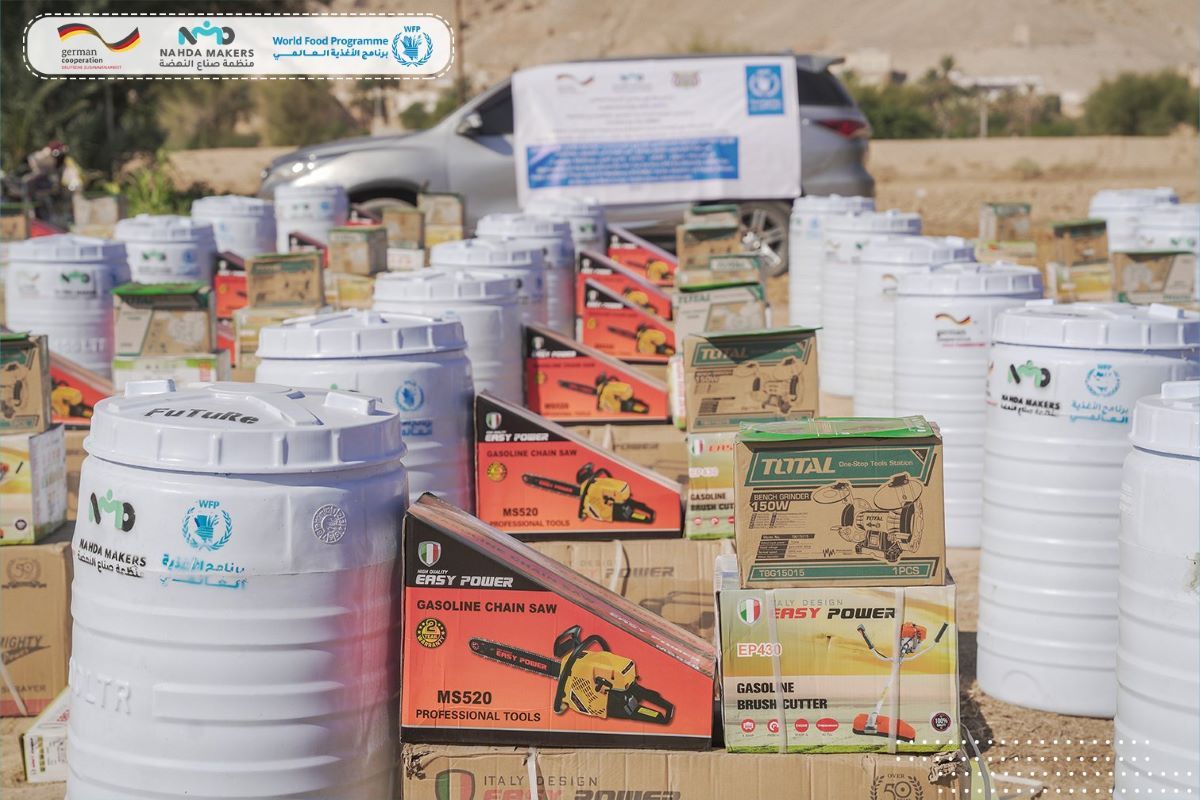
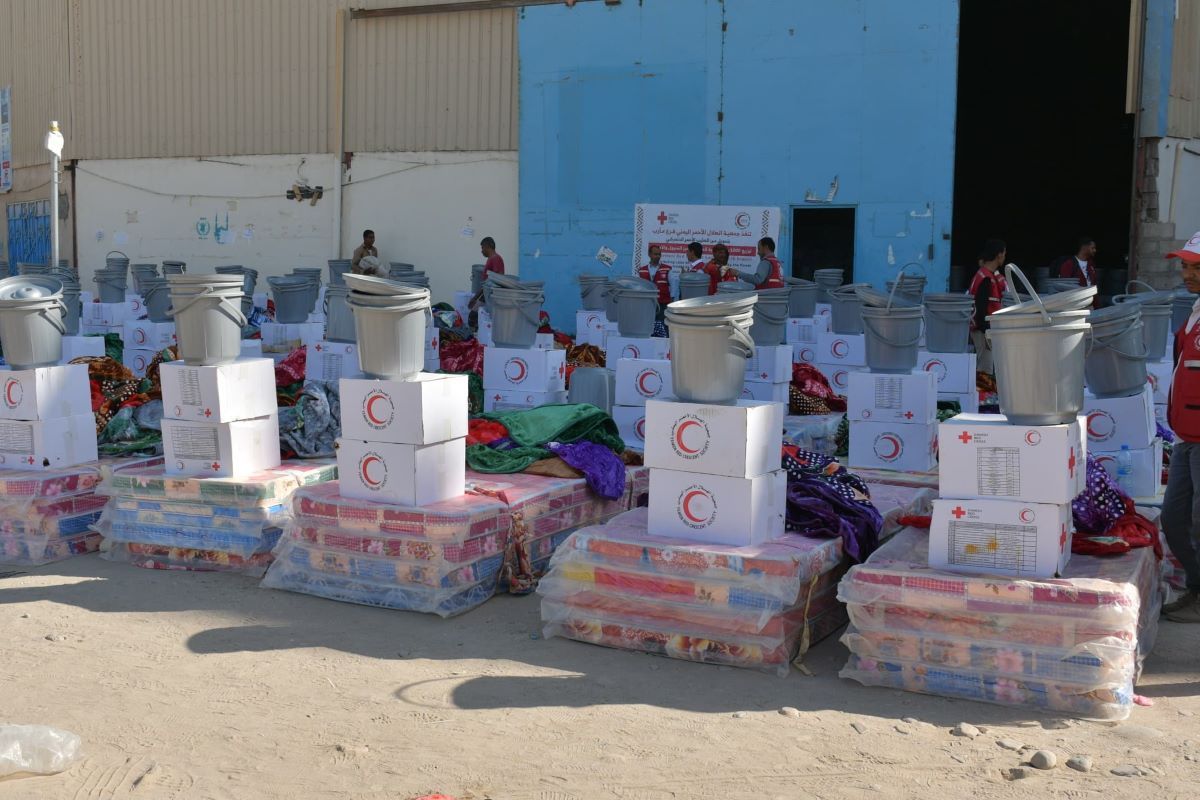
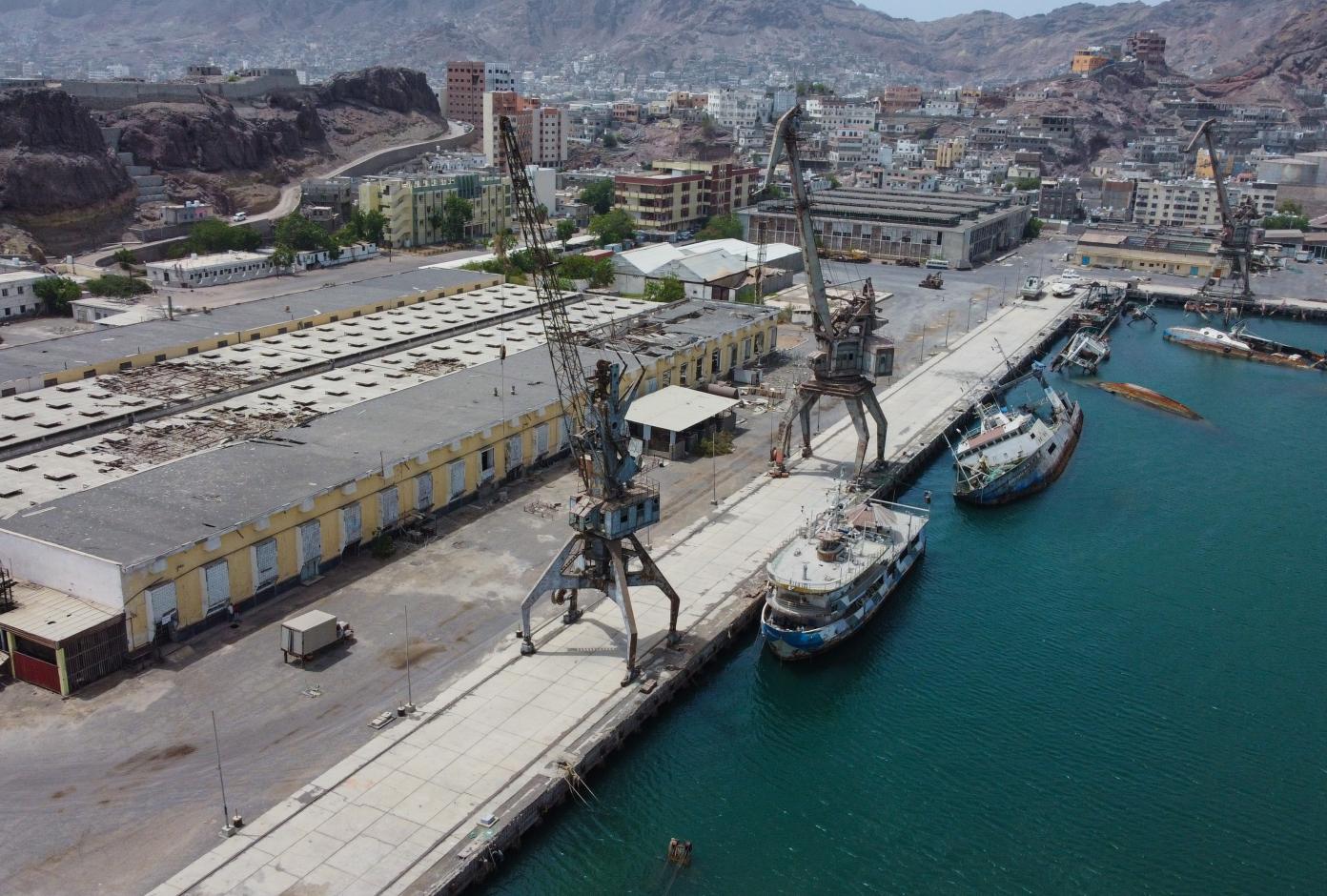
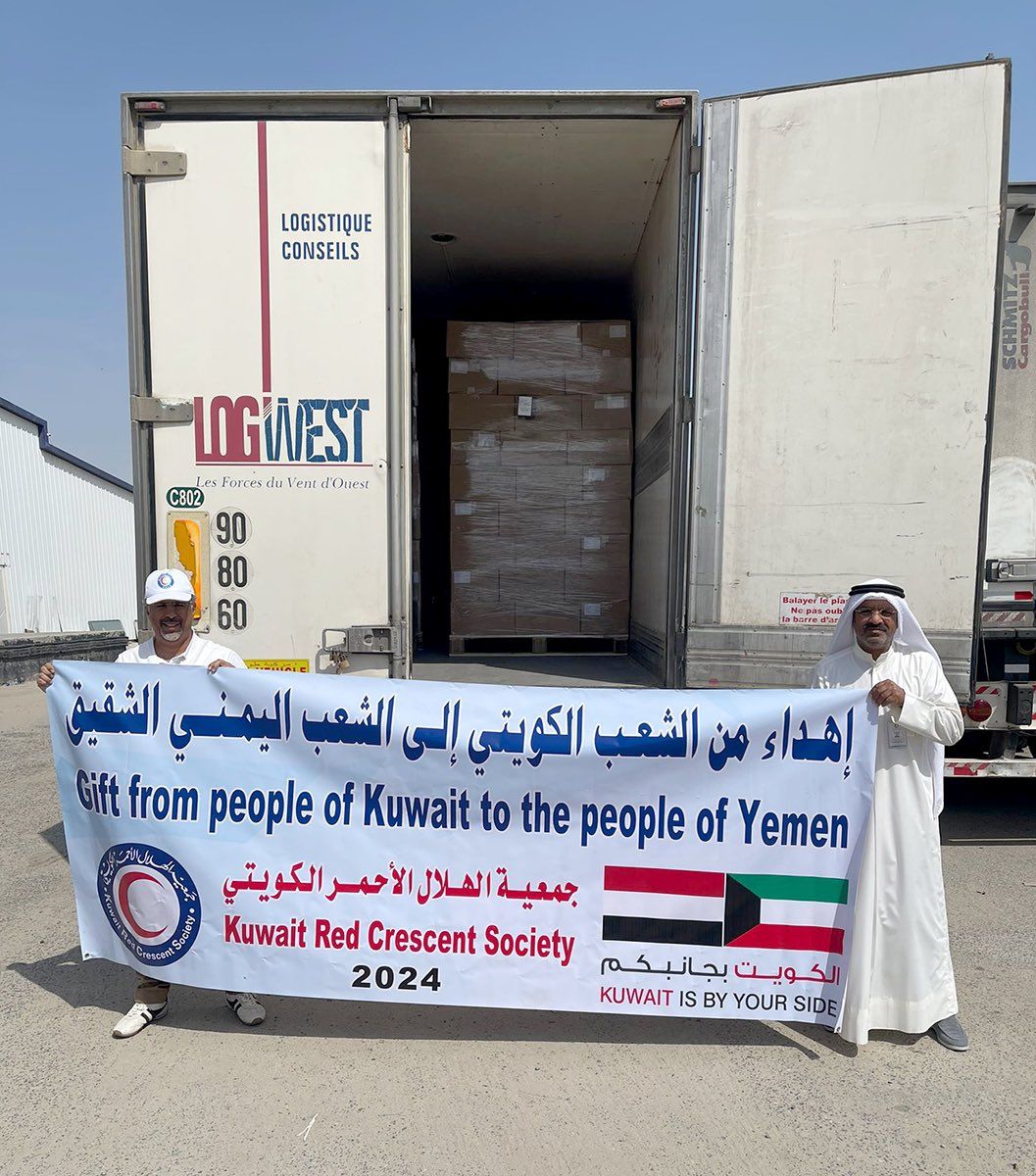
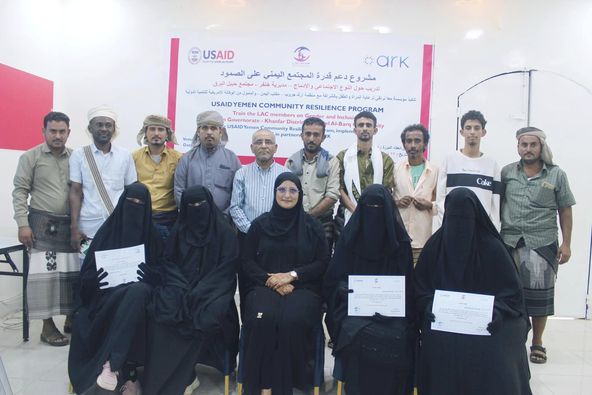


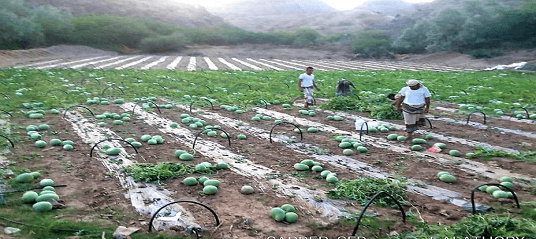
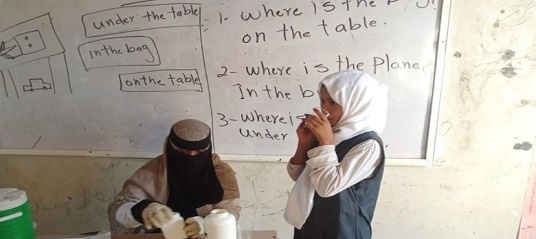
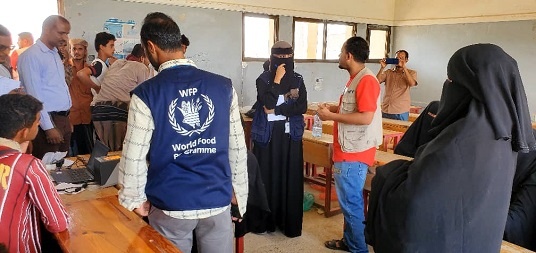
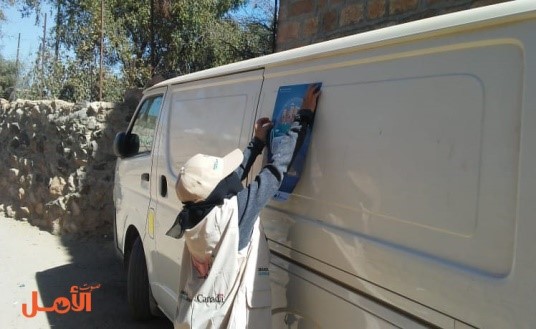
LEAVE A COMMENT